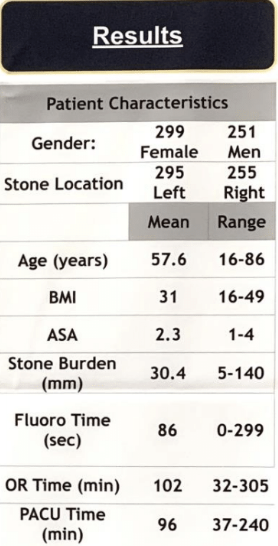Monosomy of Chromosome 9 Is Associated With Higher Grade, Advanced Stage, and Adverse Outcome in Clear-cell Renal Cell Carcinoma.
Clear-cell renal cell carcinoma (ccRCC) is one of the most common malignancies in humans and is usually associated with poor outcomes. Cancers are considered to be genetic diseases. Therefore, a better understanding of genetic alterations that are related to disease progression or poor prognosis can help to more precisely identify high-risk patients and treat them […]

